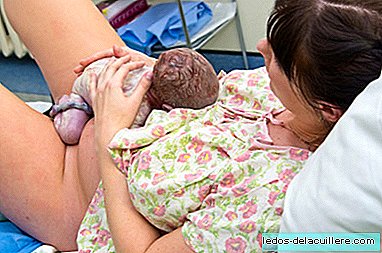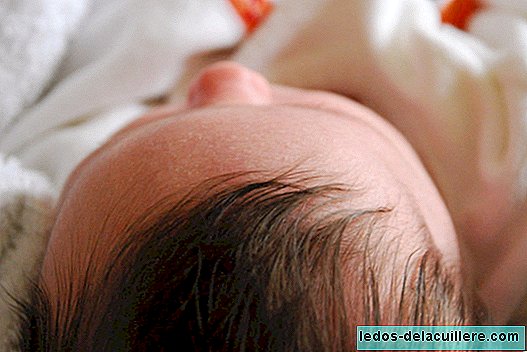
An investigation carried out by a team of European scientists has concluded that the contact of pregnant women with animals reduces the risk of eczema in the child.
It supports the "hygiene hypothesis," according to which increasingly clean environments favor the immune system to become more prone to allergies. In this case, early exposure to different microbes since they are inside the womb modifies babies' immune systems and makes them less vulnerable to developing allergic reactions.
When the mother regularly exposes her immune system to microbes from farm animals (horses, pigs, cows, sheep, rabbits, chickens), dogs and cats, the child is less predisposed to develop eczema in the first two years of life.
Eczema, also known as atopic dermatitis, is an allergic inflammatory disease that causes skin lesions in the form of deep red spots. These lesions may itch or bother.
At 2 years of age, babies were found that 17.8 percent had developed eczema. 14.4 percent belonged to farming families and 20 percent to urban families.
Other research on cats, dogs and eczema was going in the same direction. Having a dog at home was associated with a decreased risk of developing eczema.












